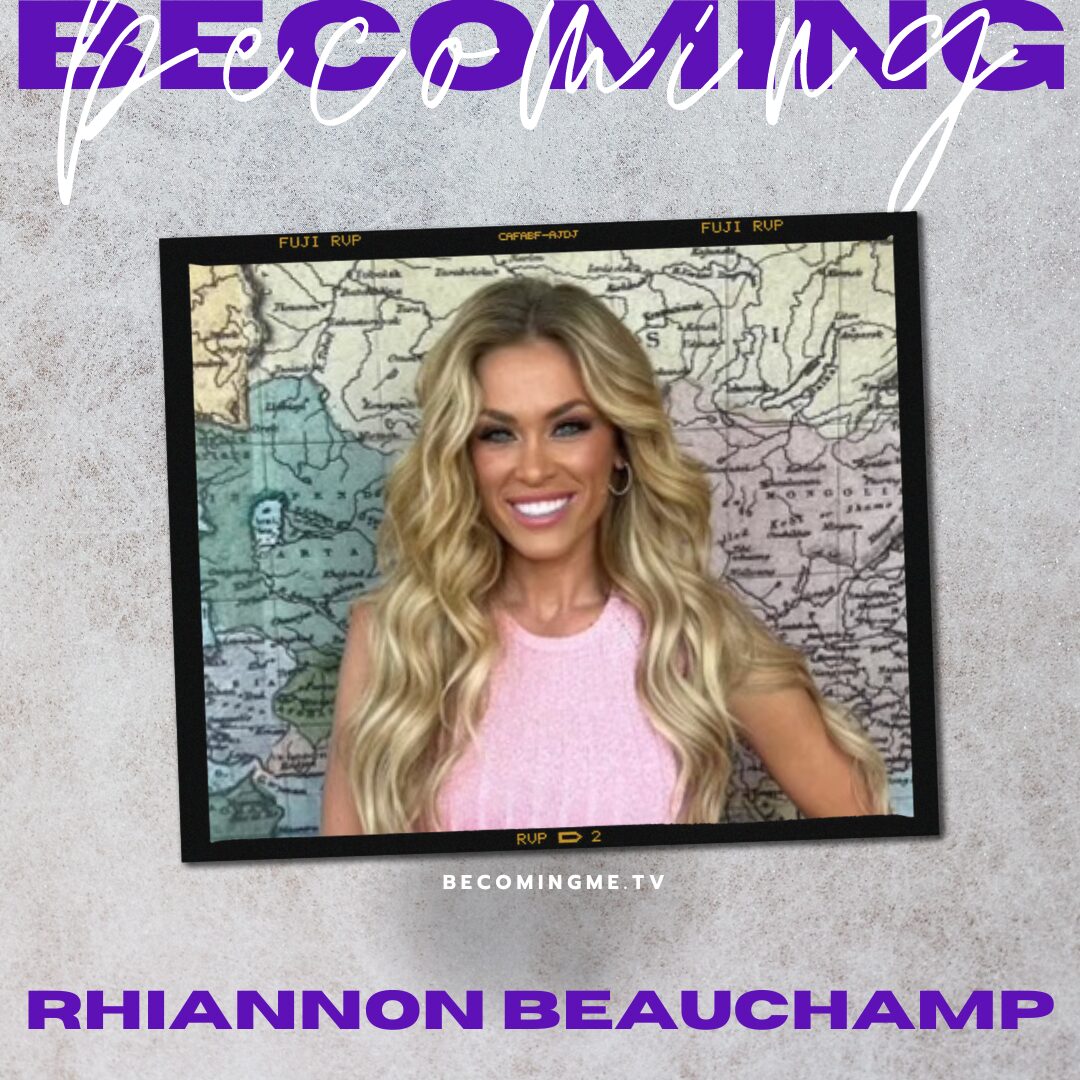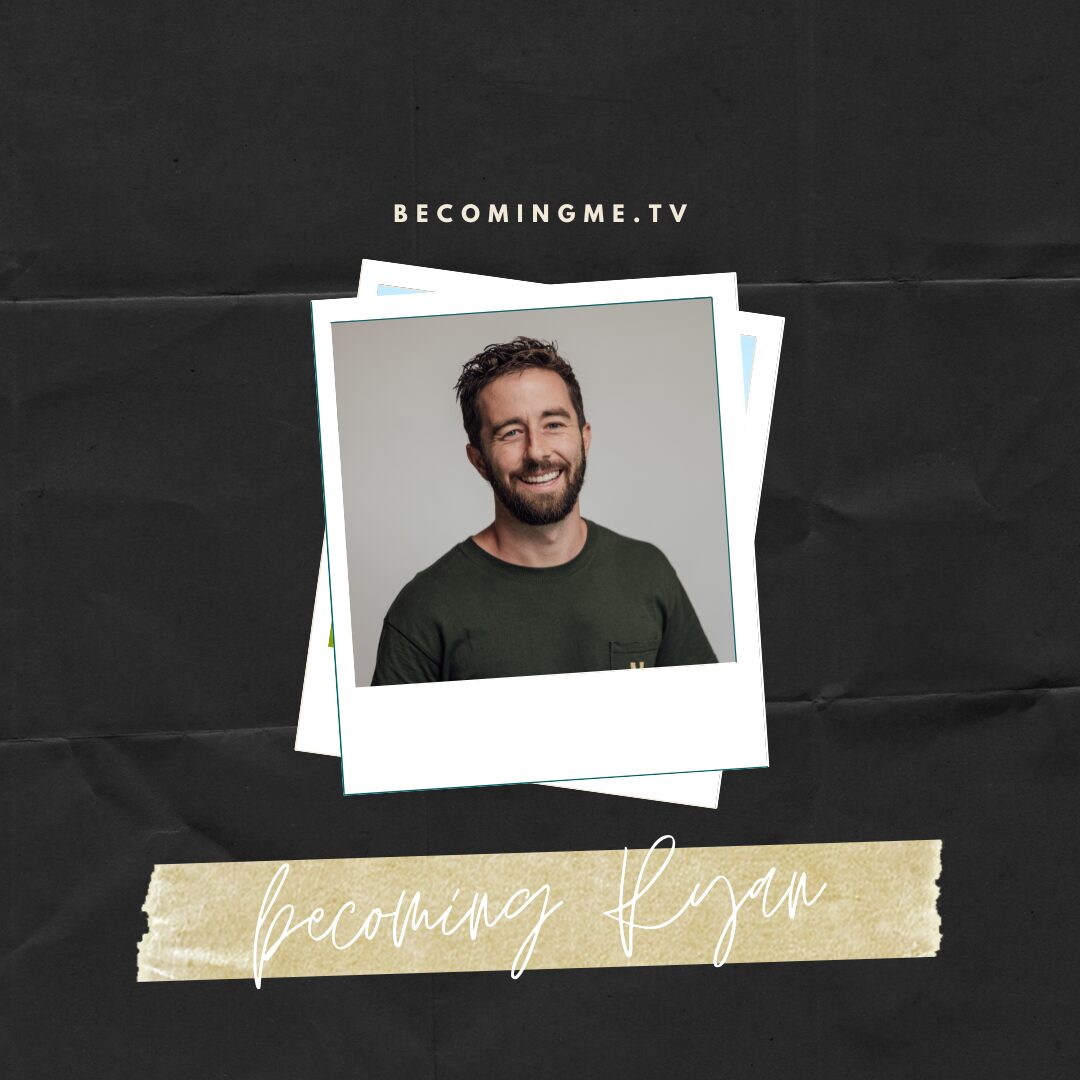My husband is heartless.
I know it sounds harsh, but this is literally the way he describes himself. What he really means is that he sees the world through the lenses of logic and thought.
My husband loves me, but he has a harder time relating to the way I see the world through the lens of my heart. Objectivity and research are valuable to him, which makes him perfect if you need someone to figure out how to handle complex issues without getting overwhelmed.
And, to be completely honest, I really love that about him most of the time. Because here’s something you need to know about me: I am a blond-haired, blue-eyed, walking, talking collection of ALL THE FEELINGS ALL THE TIME.
I used to think my emotions were a problem. You know, because sometimes people will use the words “emotional woman” as an insult, as though the fact that I feel deeply and engage with the world around me through my heart is a detriment. But the reality is that my emotions are actually incredibly beneficial to me as I navigate the world around me with the gifts God has given me, by empathizing with others and engaging with my passion.
Even though we’re so incredibly different, I would consider us both emotionally strong. I think we both make an ongoing effort to discover and to settle into our identities as the people God made us to be.
But the discovering and settling is a forever sort of process, right? Because we’re on this side of eternity we’ll always have work to do as we work to become more like Christ. So here are three things we can consider as we make the effort to become emotionally strong.
1) Just spend time with God already.
I put it this way because it seems like we see this all the time especially in our Christian circles, but we tend to skim over it and file it away as something we’ll do whenever we get the time. But we never seem to find that time!
I used to think Bible reading and prayer were things “good Christians” did as a matter of principle, but as I grow up I’m discovering it has nothing about being good at anything. Instead, I think it has more to do with the fact that life is so much better lived with God.
One of the habits I’ve tried to develop this year is getting into the habit of reading my Bible—not necessarily at a set time every day or because I feel obligated—with the goal of spending time with my Creator. I didn’t realize how it would prime my mind and heart to recognize ways God is present throughout my whole day, and I’ve been following Jesus since I was in pre-school.
If we want to be emotionally healthy, the place to start is definitely in the Word of God and in prayer.
2) Identify our areas of struggle then do the hard work of improving.
This is real life. We’ve all got junk that holds us back. When we let the nasty stuff sit, it poisons the rest of us. Our emotional lives take a hit; our spiritual lives feel bruised; even our physical bodies suffer when we push our emotional wounds into the corner and pretend they don’t exist.
So make an appointment for counseling. Hire a personal trainer. Commit to an accountability group. Pray about it and ask God what He thinks needs to change.
We’re holistic beings, which means the pieces of our lives that make us who we are interconnect. When one piece suffers, so do all the rest. It feels awkward and painful and it takes a lot of humility when we genuinely look at all the ways we’ve messed up, but we can’t be emotionally healthy if we aren’t willing to make an honest effort in this area.
3) Create and stick to appropriate boundaries.
One of the best things we can do for ourselves is to know where our responsibilities begin and end.
We are responsible for our own time, for instance. We choose how we want to spend it. If somebody else doesn’t like the way we spend our time, they are responsible for their own feelings, even if they are disappointed in our decision.
When something isn’t our responsibility, it doesn’t have to take up any space in our hearts or minds. Ironically, we gain so much freedom when we have appropriate boundaries. (For a better, more in-depth look at appropriate boundaries, read Boundaries: When to Say Yes, How to Say No To Take Control of Your Life by Dr. Henry Cloud and Dr. John Townsend!)
Creating a culture of emotional health has far-reaching benefits. It will change our relationships with God and our relationships with others. It will help us recognize our passions and our struggles. It will give us insight into the unique ways we’re gifted simply because we exist. It is worth the work!


